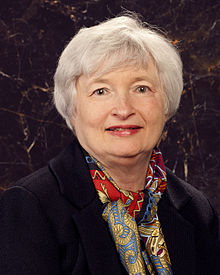In the year to December, Irish residential property prices at a national level, increased by 6.4%. This compares with an increase of 5.6% in November and a decrease of 4.5% recorded in the twelve months to December 2012. .
Residential property prices grew by 0.3% in the month of December. This compares with an increase of 0.6% recorded in November and a decrease of 0.5% recorded in December of last year.
In Dublin residential property prices grew by 0.3% in December and were 15.7% higher than a year ago. Dublin house prices grew by 0.1% in the month and were 15.3% higher compared to a year earlier. Dublin apartment prices were 20.8% higher when compared with the same month of 2012. However, it should be noted that the sub-indices for apartments are based on low volumes of observed transactions and consequently suffer from greater volatility than other series.
The price of residential properties in the Rest of Ireland (i.e. excluding Dublin) rose by 0.1% in December compared with no change in December of last year. Prices were 0.4% lower than in December 2012.
Overall Decline
House prices in Dublin are 47.4% lower than at their highest level in early 2007. Apartments in Dublin are 54.5% lower than they were in February 2007. Residential property prices in Dublin are 49.1% lower than at their highest level in February 2007. The fall in the price of residential properties in the Rest of Ireland is somewhat lower at 46.8%. Overall, the national index is 46.4% lower than its highest level in 2007.





